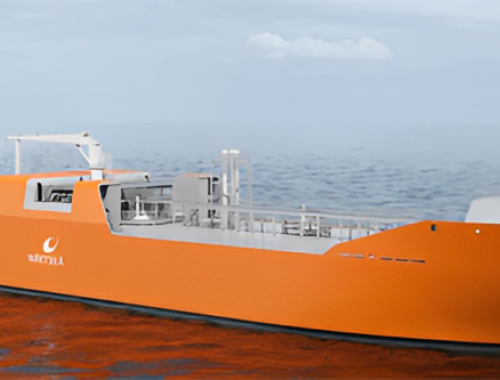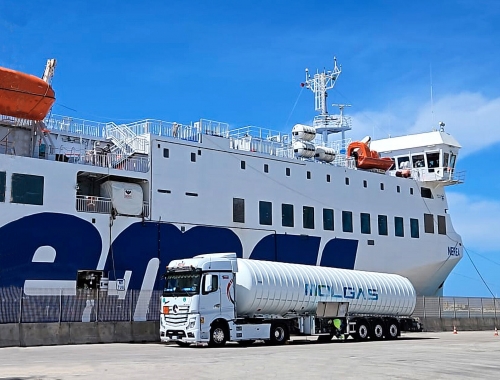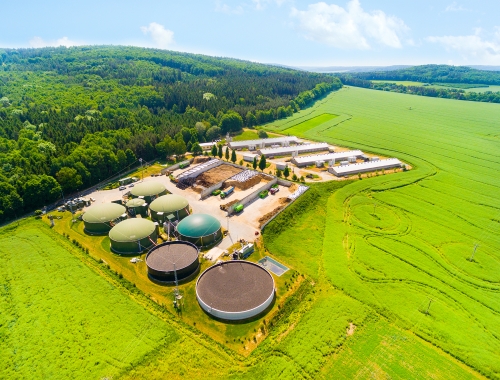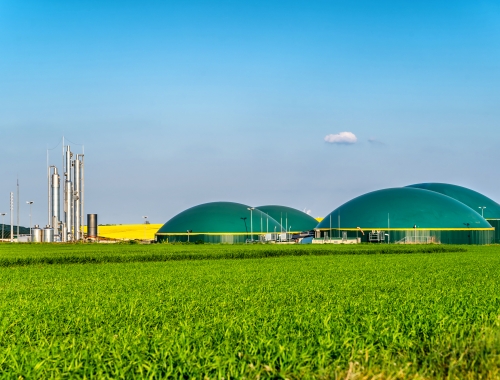UK shortlists 20 projects for next CCUS phase
SUMMARY
Whitehall has now shortlisted sub-projects under East Coast Cluster and HyNet North West, to support further decarbonisation under one of these initiatives.
By Joseph MurphyThe UK government has shortlisted 20 projects for the next phase of its carbon capture, usage and storage (CCUS) cluster process to decarbonise the country's most emission-intensive industries, it announced on August 12.
The government in October last year selected the UK East Coast Cluster and HyNet North West CCUS projects in the first phase of the process, designed to decarbonise the Humber and Teesside regions, and northwest England and Wales, respectively. Their selection paves the way for them to receive state financial and other support.
Whitehall has now shortlisted sub-projects under East Coast Cluster and HyNet North West, to support further decarbonisation under one of these initiatives.
At East Coast Cluster, they include the Net Zero Teesside Power, Whitetail Clean Energy and Keadby 3 Carbon Capture Power Station projects designed to decarbonise existing power supply, the bpH2Teesside, H2NorthEast and H2H Saltend hydrogen projects and the CF Fertilisers Billingham Ammonia CCS, Tees Valley Energy Recovery Facility, Norsea Carbon Capture, Redcar Energy Centre, Teesside Hydrogen CO2 Capture, Humber Zero – Phillips 66 Humber Refinery, Prax Lindsey Oil Refinery Carbon Capture and ZerCaL250 carbon capture projects.
At HyNet, they comprise the HyNet Hydrogen Production, and the Hanson Padeswood Cement Works carbon capture and storage, Viridor Runcorn Industrial CCS, Protos Energy Recovery Facility, Buxton Lime Net Zero, Carbon Dioxide Capture Unit – EssarOil UK carbon-capture projects.
"The 20 projects announced today represent a range of innovative CCUS technologies that will capture carbon emissions, preventing them being released into the atmosphere," the government said in a statement. "Carbon capture technologies offer enormous economic potential for these regions, helping to attract new private investment and support new job opportunities."
Oil and gas industry association OEUK welcomed the announcement of the shortlist, but said that faster work was needed to meet the UK's climate goals.
“This is just the start. We are going to need all of these projects, as well as the Scottish cluster and more, to support our ambition of capturing 20-30mn mt CO2/yr by 2030," OEUK's energy policy manager Will Webster commented. “Advancing these projects will mean we can support energy intensive sectors to meet government climate targets and continue to produce the reliable and cleaner energy the country needs.”
The Scottish Cluster, the centre piece of which is the Acorn CCS scheme, was notably omitted from the first phase of the cluster process. Instead it was classified only as a reserve cluster, serving as a backup option if negotiations with the developments behind East Coast Cluster and HyNet fall through.







